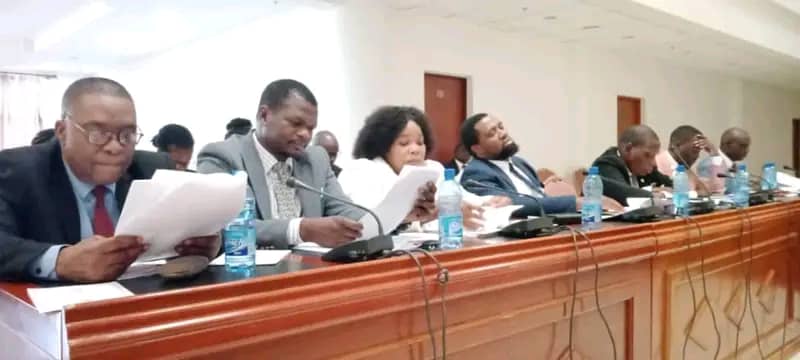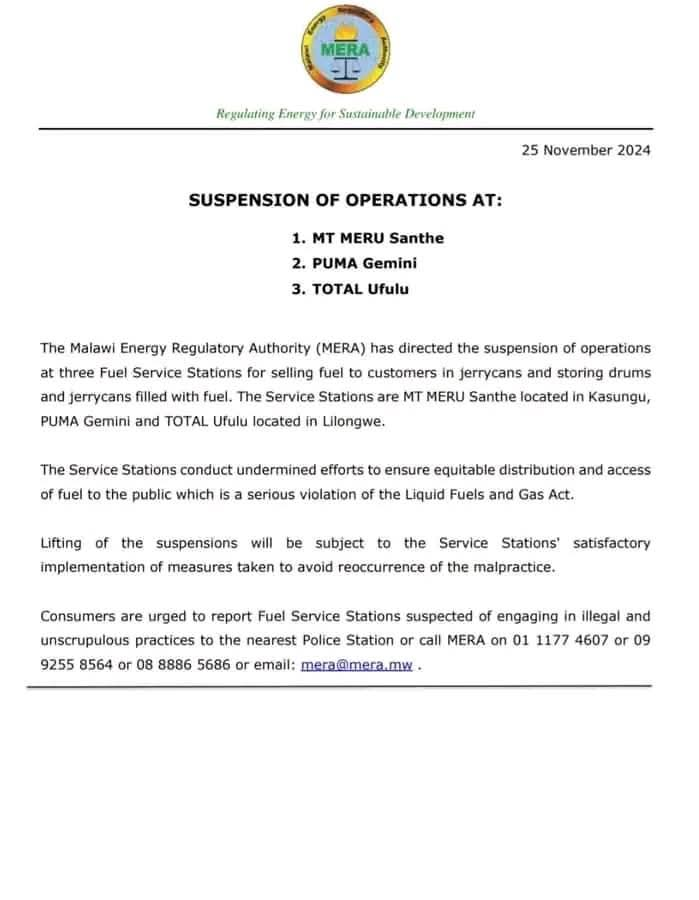By Burnett Munthali
The National Oil Company of Malawi (NOCMA) has come under scrutiny as it appeared before the Budget and Finance Committee of Parliament to explain its decision to engage Sheikh Ahmed Bin Faisal Al Qasimi (HH) as a single source supplier for fuel. This procurement has raised eyebrows among lawmakers, particularly given the context of Malawi’s ongoing fuel challenges.
NOCMA’s Chief Executive Officer, Clement Kanyama, presented the company’s rationale for opting for a single-source procurement arrangement, citing an “imminent emergency fuel stock-out” as the primary reason for the decision. Kanyama explained that Malawi’s forex challenges significantly hampered the importation of fuel, necessitating a swift response to avert a potential crisis.
In the meeting, Kanyama emphasized that the arrangement with HH was not only a strategic move but also one that received the requisite approvals from both the Public Procurement and Disposal of Assets Authority (PPDA) and the Malawi Energy Regulatory Authority (MERA). This approval process is critical, as it ensures that the procurement adheres to the established regulations governing public contracts.
During the presentation, Kanyama outlined how the continued forex challenges have affected the country’s ability to maintain adequate fuel supplies. He revealed that HH had proposed to accept payment in Malawi Kwacha, which is a significant factor in facilitating smoother transactions in the current economic climate. This proposal is expected to ease the forex burden that has been a major challenge for NOCMA and other importers.
To further justify the single sourcing of fuel from HH, Kanyama provided a financial evaluation indicating that the overall cost per metric ton for this procurement would be lower than that of the country’s largest fuel supplier. This assertion aims to counter any claims of inefficiency or financial imprudence associated with the decision, presenting the arrangement as a viable and cost-effective solution to an urgent problem.
Despite these justifications, the procurement decision has not been without controversy. Critics argue that single sourcing can undermine competitive bidding processes, which are designed to ensure transparency and fairness in public procurement. There are concerns that such arrangements may lead to allegations of corruption or favoritism, particularly in a climate where financial accountability is paramount.
As NOCMA continues to face questions from the parliamentary committee, the outcome of this scrutiny could have significant implications for both the company and the broader fuel supply landscape in Malawi. The ongoing forex crisis highlights the vulnerabilities in Malawi’s energy sector, emphasizing the need for robust strategies to address fuel supply challenges sustainably.
The discussions surrounding NOCMA’s decision serve as a reminder of the critical intersection between energy policy, public procurement, and economic stability in Malawi. As the country navigates these complex issues, the effectiveness of its regulatory frameworks and procurement processes will be tested in the months leading up to the 2025 elections. The ability to maintain a reliable fuel supply while ensuring transparency and accountability in procurement practices will be crucial for restoring public confidence and fostering economic resilience.




